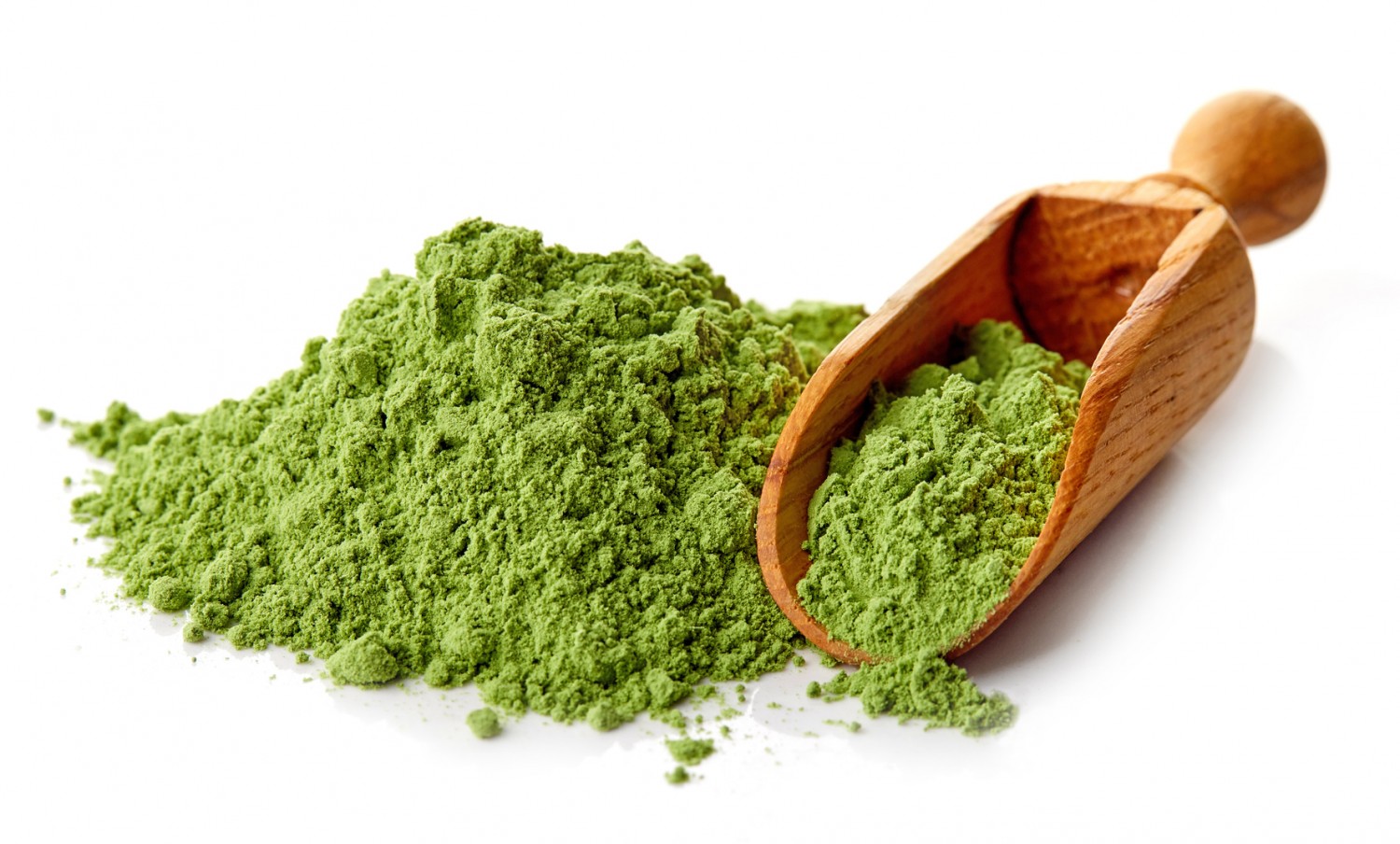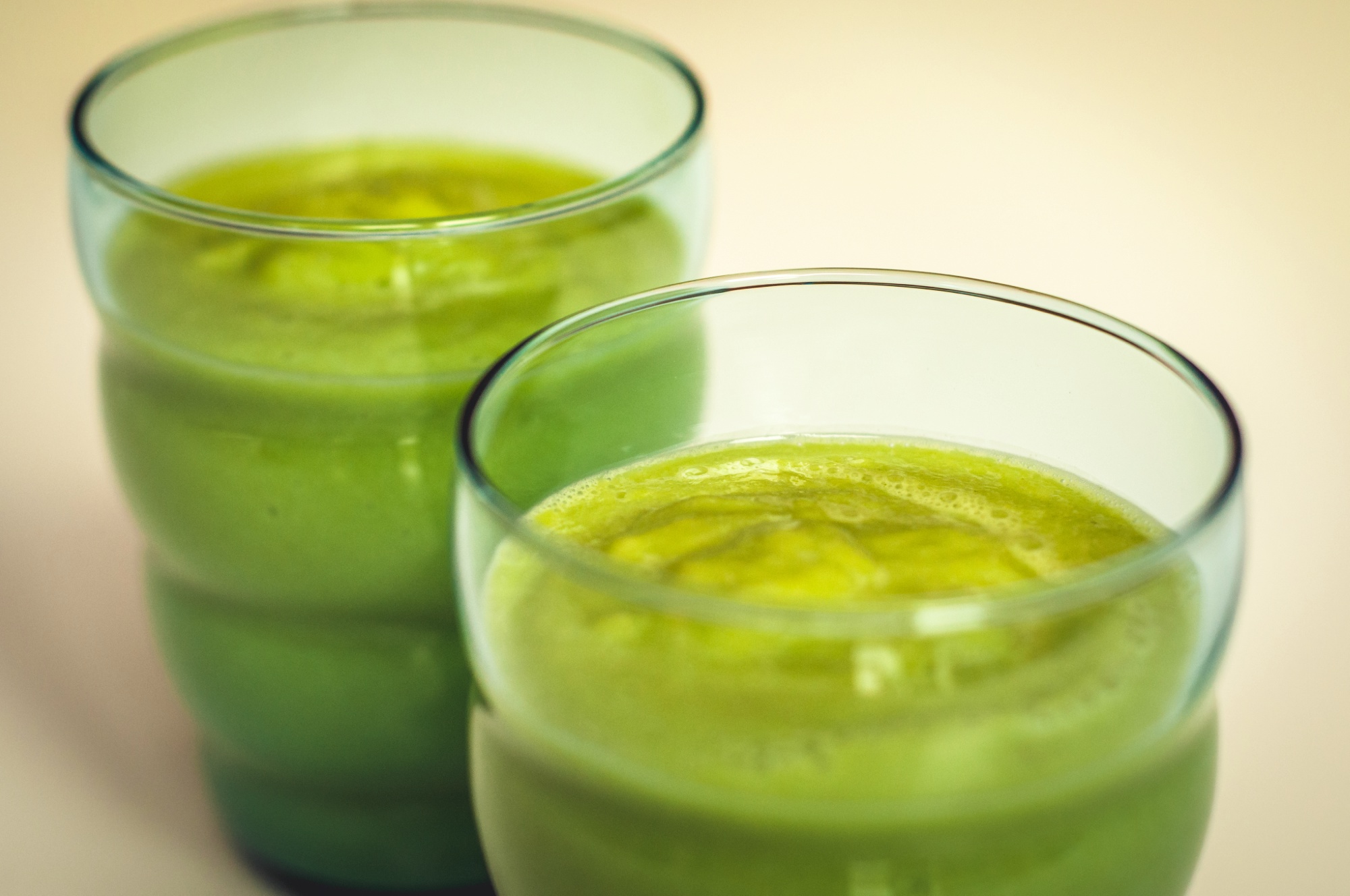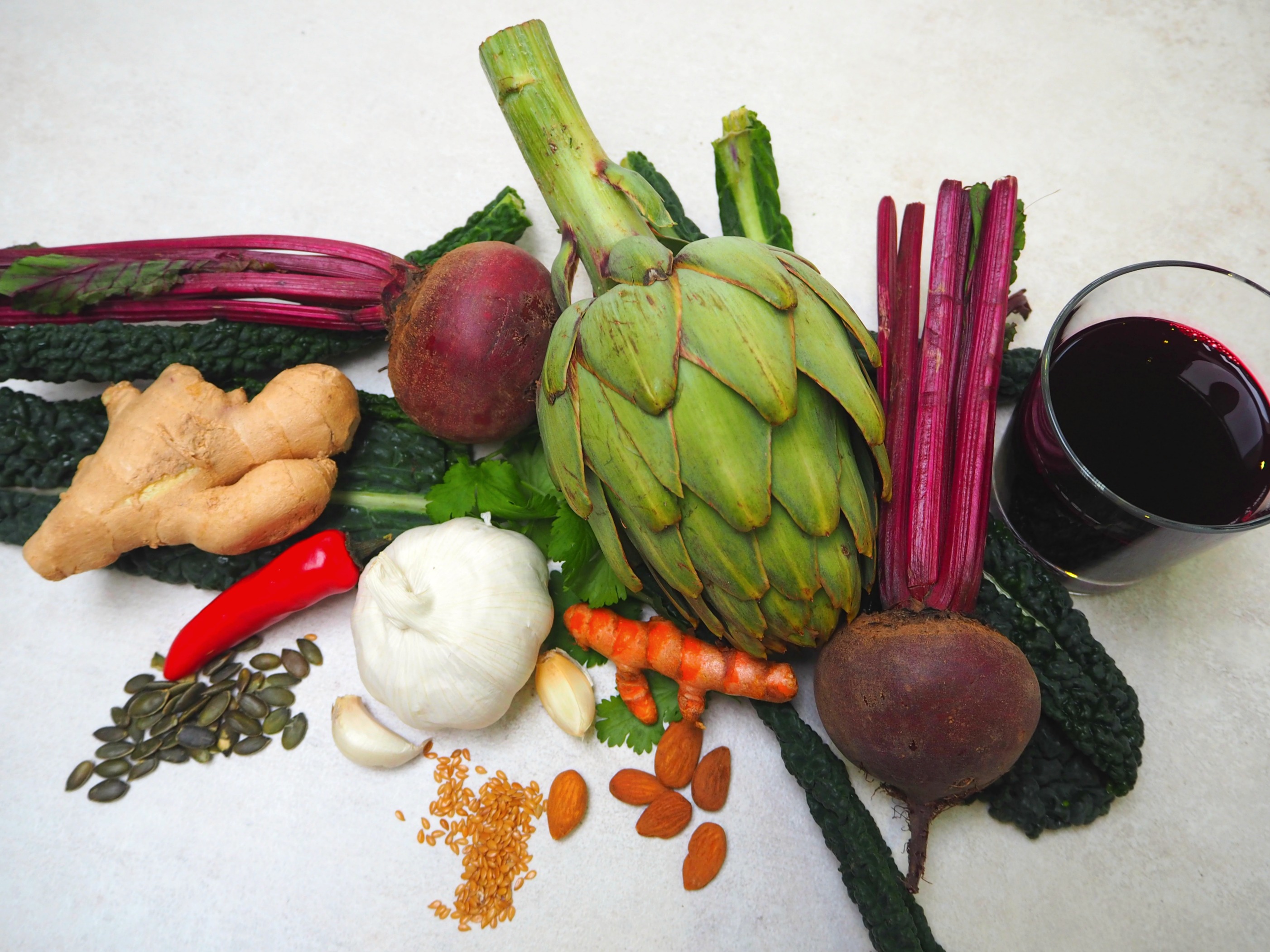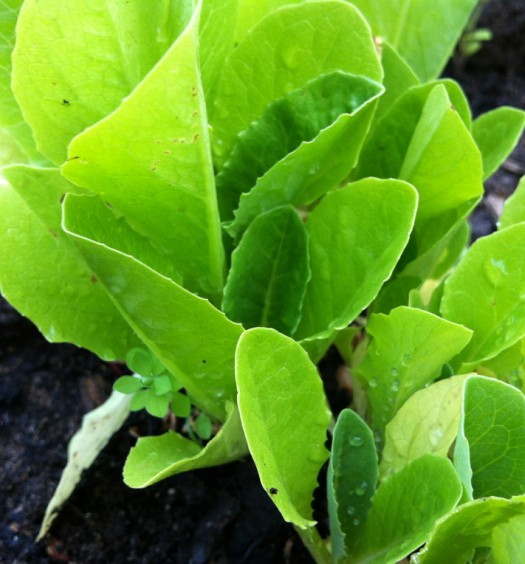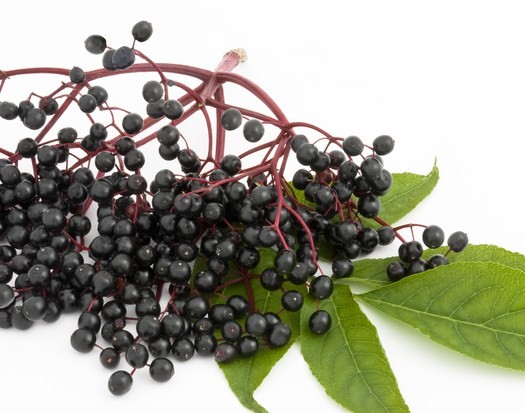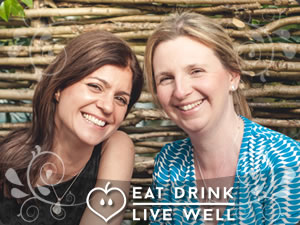A spirulina shot in your smoothie, some baobab in your cupcake or some maca in your flapjack. A few years ago this would have sounded like a different language. The market for ‘superfoods’ has gone crazy and for those of you on Instagram, whole feeds exist of smoothies containing up to five powders at a time.
Green powders have been around for a long time but when my local Tesco set up a whole shelf dedicated to ‘superfoods’ it made me stop and think. No longer the playground for elite celebrities such as Gwenyth Patrow and Elle Macpherson, miracle powders are being aimed at us mortals. How did we ever survive without them?
We’re being led to believe that we need their enzymes, antioxidants vitamins and minerals. They’re marketed as magic bullets that will keep us healthy and free from disease. The more exotic the better – I’m half expecting an ancient root, handpicked in Narnia with a totally unpronounceable name to be hitting our shelves soon. Of course it will be ridiculously priced which obviously means its really good for us, despite the fact there will be no actual science to back it up.
Are these superfoods doing us any favours?
They’re not a ‘get out of jail free’ card. You can’t have a hedonistic weekend and expect your maca, spirulina and chia energy ball to be making much of a difference!
The important thing is to get the basic nutrients in first. A lot of people are shunning real food and relying on ‘superfood’ smoothies that don’t actually provide the nourishment we need. It’s also unnatural for the body to rely on liquids. We need to eat properly to digest properly and fully assimilate all the nutrients. It all begins in the mouth with chewing. This stimulates our digestive enzymes that help us absorb the good stuff from our food. Take away these enzymes and we end up with very expensive urine – it’s not physically possible to absorb nutrients without enzymes and these are stimulated by proper digestion, starting with eating actual food.
People were able to be healthy before the arrival of ‘superfoods’. That’s not to say these powders aren’t powerful, it’s just that we can get everything we need from less exotic and trendy foods such as broccoli, beetroot, seeds, apples and avocados.
None of the superfood powders contain nutrients that can’t be found in other, cheaper, everyday foods. And research has not shown superfoods to be any better for us than more familiar foods such as almonds that come with a wealth of scientific evidence supporting their role in health. Take Maca, primarily used for hormone balancing. It costs up to £20 for 300g but our hormones would benefit far more from a tub of hummus and some broccoli stalks for a fraction of the price.
The label ‘superfood’ is a marketing invention, not a nutritional term. A lot of the information is pure hype. They may be packed with nutrients but there is only so much we can absorb. Who knows if we are actually benefiting at all. It’s unlikely that these powders will harm your health (although maybe your bank balance) but mostly the claims are unsubstantiated by science and it’s highly unlikely they will magically transform your health.
Eating a healthy, balanced diet of colourful fruit and veg, healthy fats and quality proteins has been scientifically proven to improve health. It’s what we’ve been doing for millennia; it works. You absorb food so much better in its whole form and have the added benefit of fibre, essential to health and protective against disease.
A good example of the potential pitfalls comes with algae such as chlorella and spirulina. They are powerful chelators, that’s why they work so well, binding to toxins and heavy metals, helping to remove them from our systems. But, they can also bind to minerals such as zinc and magnesium and if the environment in which they grow is polluted, they are very effective at binding with the toxins. We then consume these toxins so being absolutely sure of the clean quality of the product and using them carefully is paramount.
That’s not to say I don’t have a cupboard full of various powders, partly because I’m lucky enough to get sent freebies to try and partly because I go into a feeding frenzy every time I enter Wholefoods and can barely leave the shop without having to re-mortgage my house (there should be an ‘option to pay by installments’ notice at the checkout).
But I use them with care, choosing to nourish myself with real food and sometimes adding small amounts of high quality powders to smoothies. I don’t know if they work and certainly don’t rely on them to be healthy but can’t help being slightly sucked in by the hype!
We hope you enjoy this blog post, let us know your thoughts in the comments below or on social media – we’re on Twitter, Facebook, Instagram and Pinterest. And don’t forget to sign up to our newsletter to receive a monthly update of our recipes, nutrition tips and expert advice.

